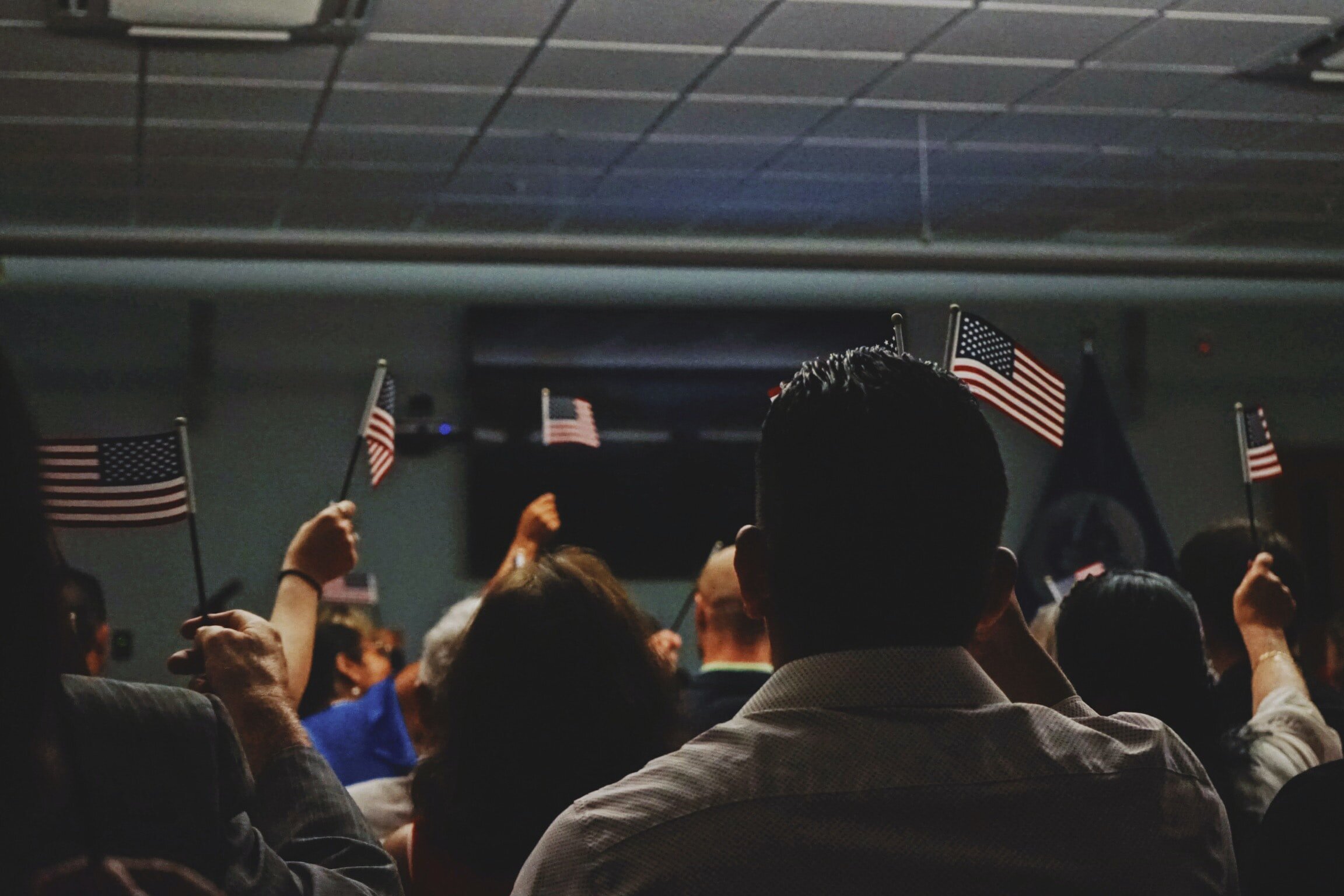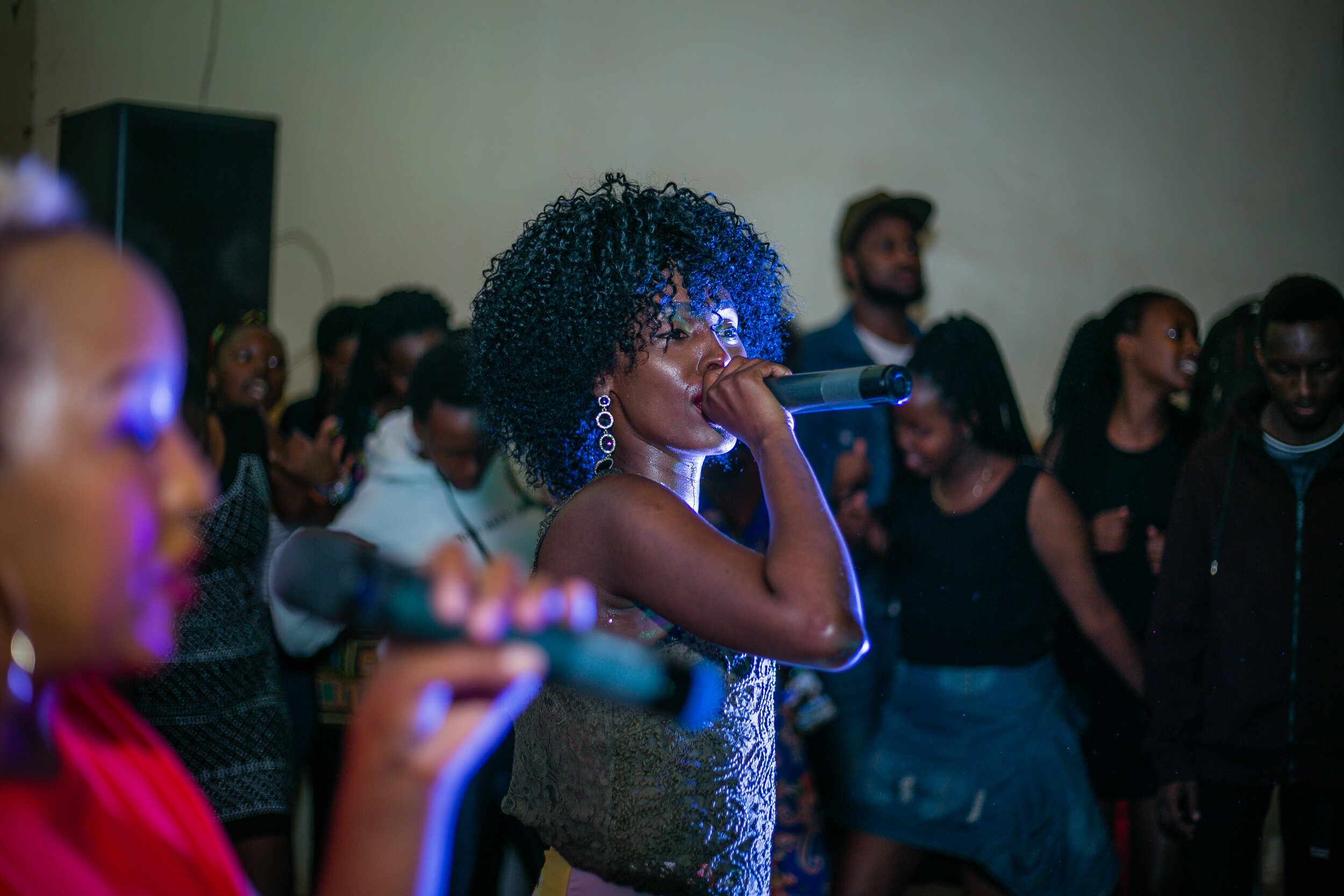BCNE News
The latest news from our network of New England churches. Looking for our New England Perspectives Articles? Click here.

Immigration and integration: The challenge of building a healthy multi-ethnic church culture in New England
A half century after Martin Luther King Jr called 11 a.m. on Sunday morning the most segregated hour in America, things are changing and we are helping to build a new mindset of the new portrait of our country by building a culture of healthy churches in New England. The increased cross-border movement of millions of people, which is a common feature of globalization and the diaspora movement, changes many Western societies and the church in these countries.

Diversity is our strength
I’m half South Korean and half Irish (with a little bit of Swedish thrown in). I grew up eating corned beef and cabbage one day, and kimchi and bulgogi another—a child of two worlds. The Christian faith never felt more fitting with one ethnicity over and against the other.

Establishing a multicultural church to reach the next generation
The FBC-Framingham Baptist Church is a multi-ethnic church merge with River of Life Worship Center & Igreja Batista Brasileira de Framingham located in the MetroWest region of Boston, Massachusetts. The church’s congregation is mainly composed of Brazilian immigrants. We started the planting process in 2014. The River Of Life Worship Center has gone through several transitions over the seven years since its inception, in terms of location and target groups. When the church reached 4 years of existence, we noted the need for a further transition from a predominantly Portuguese-speaking congregation to a truly multi-ethnic church that uses English as its primary language of worship - an ongoing process we are in to this day.

People movement, God movement
One of the great aspects of living in New England is the opportunity to interact with peoples of all tongues, tribes and nations. The multicultural diversity in this area is not only fascinating but also poses tremendous opportunities to further the Kingdom with the potential of impacting the whole world. World leaders are being formed in our universities here, and God has shifted the mission field to our neighborhoods. This reality also comes with some daunting challenges.

The theology of cultural adaptation: part 2
In Part 1 of this article, I made a case for the importance of ethnic churches adapting to the local culture instead of remaining separate and distanced from the majority culture. We looked at how principles the prophet Jeremiah shared can apply to today’s immigrants. This article follows up by discussing New Testament passages that shed light on the importance of cultural adaptation.

The theology of cultural adaptation: part 1
Although my church is made up in large part of Brazilian immigrants, we are intentionally transitioning to become a multicultural and contemporary community fellowship in order to reach people from all ethnic groups with the Gospel. This kind of change involves cultural adaptation. It can be hard, and ethnic churches can only pursue it successfully if we understand the mission as a whole.

Ethnic churches: A new approach
If there is one indisputable truth about churches during these days it is that the cycles of change are happening at a faster and broader rate than ever before. As the environment changes, churches are forced to adapt to new realities at the risk of being ineffective at their missio dei. Ethnic churches need to be not only aware of the pace and intensity of change, but also ready and willing to make important adjustments in order to thrive.

How should Christians treat illegal immigrants?
Caravans of migrants marching toward our southern border. President Trump promising to build a wall. Sanctuary cities refusing to cooperate with Immigration and Customs Enforcement (ICE). Politicians calling to decriminalize the illegal crossing of US borders. Congress’s frustrating failure to reform immigration laws, making a path to citizenship next to impossible for the 11.1 million illegal immigrants currently living in the US.
These events have pressed upon us a question that evangelicals need to answer: How should our churches treat the people who live in our communities without legal status?

Building a healthy multicultural church
The Bible is clear and repetitive in articulating God’s heart for all peoples. The book of Revelation tells us that God calls forth people from every tribe, nation, and tongue to worship Him, making heaven the picture of multicultural beauty. As the visible Church on earth, our focus must always be to try and worship in a manner that most reflects the Promised Land which we will one day call home. Even if a local church finds itself to be in a mono-ethnic location, the call to see multicultural worship is still valid and can still be accomplished by supporting such works in different locations and by sending missionaries to proclaim the Gospel among different people groups.

Ethnic churches and the challenge of reaching second-generation Americans
Approximately 50% of BCNE churches in Greater Boston are ethnic churches. And God is at work among them. In fact, some of the largest churches in Boston happen to be Asian, African-American and Haitian! Very impressively, most of the pioneers who planted these churches did so without the benefits of special training, financial support or church partnerships that many church planters receive today. Ethnic churches in Greater Boston are robust, and continue to multiply. I love attending the worship gatherings and enjoy having fellowship with the gifted pastors who lead these churches. Yet there is a unique, life-or-death challenge that virtually every ethnic church pastor faces: the challenge of reaching second-generation Americans.

A white man’s religion?
Ministry in the urban context comes with its own set of challenges. Among them are the objections to Christianity that run deep within inner-city communities of color. As I pastor in a neighborhood made up largely of ethnic minorities, it is not uncommon for me to hear someone dismiss the Christian faith purely because it is perceived to be “the white man’s religion, meant to oppress ethnic minorities.” It is important to note that this characterization of Christianity is not completely unfounded.

The case for multiethnic churches in Boston
For 10 years I served as the pastor of a church in the suburbs of Washington, D.C. It was an historic church, located in an affluent neighborhood where military families and federal employees lived. And it was almost completely Caucasian. The neighborhood, however, gradually changed. Different ethnic groups moved in and church attendance began to decline.
